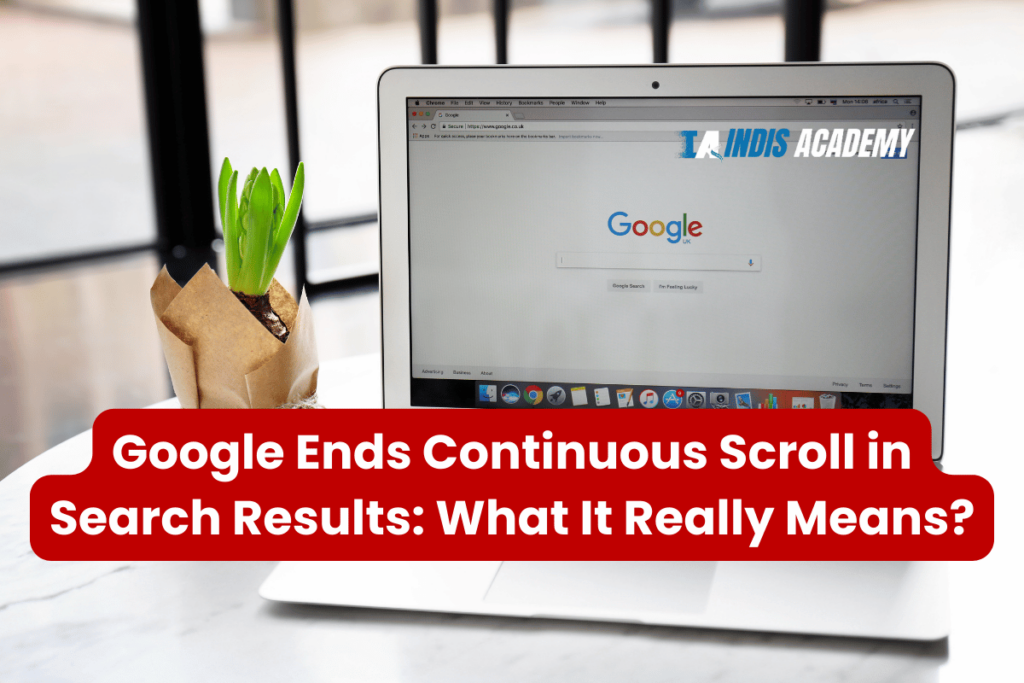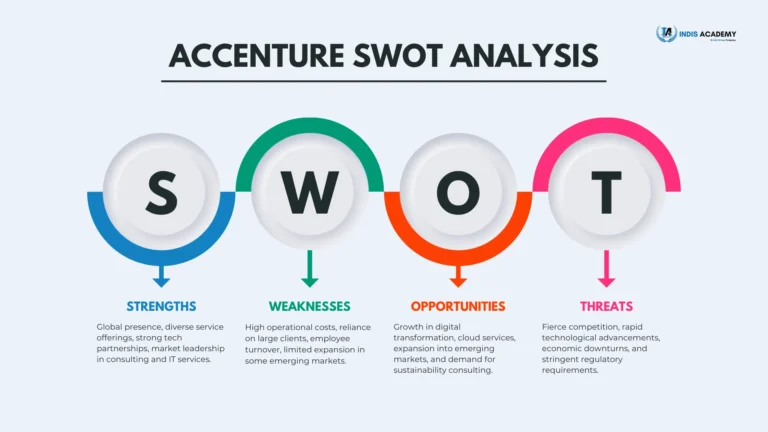Google has announced that it will end continuous scrolling in its search results (SERPs) to speed up the delivery of search results. However, many in the search marketing community are skeptical of this explanation and wonder about the real reasons behind the change.
What is Continuous Scroll?
Continuous scroll, popularized by social media, allows users to endlessly navigate content without clicking through pages. Google adopted this feature in 2021 for mobile search results, showing up to four pages of web results before requiring users to click a link for more. This change was initially welcomed as it increased the visibility of more sites to searchers.
The Change
According to a report by The Verge, Google will replace continuous scroll with its classic pagination bar on desktop, allowing users to jump to specific pages or click “Next” to see more results. On mobile, a “More results” button will load the next page of search results.
The Real Impact
While Google claims this change will help serve faster search results, some in the search marketing community are skeptical. The U.S. Department of Justice released emails showing Google’s top management discussing ways to show more ads in search results.
Brett Tabke, founder of the Pubcon search marketing conference, shared his concerns:
“It effectively boxes more clicks on page one, leading to a higher percentage of clicks on ads and Google properties. Organic search results may be pushed to page two and beyond, with Google filling page one with its own responses.”
This sentiment is echoed by many in the community who suspect the move is more about increasing ad revenue than improving user experience. People on social media have expressed similar skepticism, suggesting that continuous scroll might have reduced ad clicks on lower pages, and now the change might drive more ad revenue.
Mixed Reactions
While many see dark motives behind Google’s decision, some believe the change could be beneficial. Kevin Indig noted that continuous scrolling might not be universally good, especially outside social media. He tweeted:
“Paginated SERPs are back! I’ve found continuous scroll to be a subpar solution for websites.”
Infinite scrolling is often a poor user experience for non-social media sites, such as e-commerce or informational websites, where purposeful navigation is important.
Conclusion
Google’s decision to end continuous scrolling has stirred debate in the search marketing community. While some view it as a move to boost ad revenue, others see it as a recognition that continuous scroll is not suitable for all types of content. Whether this change will ultimately benefit users or Google remains to be seen.











